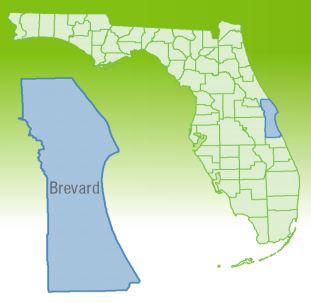Land Value Tax
Land Value Tax: An Alternative to the Property Tax
According to numerous polls the most hated tax is the local property tax. Economists Marika Cabral and Caroline Hoxby argue that Americans are averse to the property tax because it is the most noticeable and important major tax. In addition many economists agree the property tax is economically inefficient because it taxes the value of improvements which acts as a tax on economic development. A tax is said to be inefficient if another system could raise the same revenue while increasing economic growth.
One proposed alternative to the property tax is the land value tax. The land value tax would allow state and local governments to maintain control over a significant source of tax revenue while addressing issues of efficiency.
Although not used extensively the land value tax is more than a theoretical abstraction. Local governments in New York Pennsylvania and Hawaii have used it. In addition twenty-five nations use some form of the land value tax.
The land value tax has been implemented in two forms. In a pure land value tax system the tax is applied to the value of the land with no tax applied on improvements. In a split-rate tax system land value is taxed at a higher rate than improvements. For example in Harrisburg the 2008 tax on the value of land was 28.67 while the tax on improvements was 4.78 a ratio of 6 to 1.
In addition to being more economically efficient proponents argue that the land value tax provides an incentive for development. The evidence to support this conclusion is limited by the availability of data within the United States. Economists Oates and Schwab in a 1997 paper find a positive association between adoption of land value taxation and building activity in Pittsburgh. In a 2000 paper economists Plassmann and Tidemann use data from 15 Pennsylvania municipalities and find a direct positive relationship between the tax differential between land and improvements and the number of building permits. In other words under a split-rate system Plassmann and Tideman find evidence that the higher the land tax in relation to the improvements tax the more building activity occurs.
Elimination of the inefficient property tax system in the U.S. would be challenging because of the importance of the tax revenue to state and local governments. Property taxes are the largest single source of revenue for state and local governments accounting for over one-third of all revenue. Opponents of the land value tax also argue that it encourages overdevelopment. The land value tax was largely blamed for the overdevelopment of Waikiki. Although unwanted higher density was most likely the result of poor planning rather than the land value tax the county of Hawaii abolished the land value tax in 2002.
A recent study Assessing the Theory and Practice of Land Value Taxation lays out a framework for implementing the land tax. Another study Land Value Taxation – Theory Evidence and Practice includes an exhaustive discussion of legal issues that need to be overcome in each state in order to implement the land value tax. The legal and political challenges of changing the current property tax system are daunting.
In spite of these challenges Connecticut signed into law this June a pilot program allowing three municipalities the option of implementing a land value tax. The success or failure of the program will likely determine the programs expansion within the state.
View this original post on the NAHB Eye on Housing blog.
Reprinted with permission from RISMedia. ©2013. All rights reserved.






